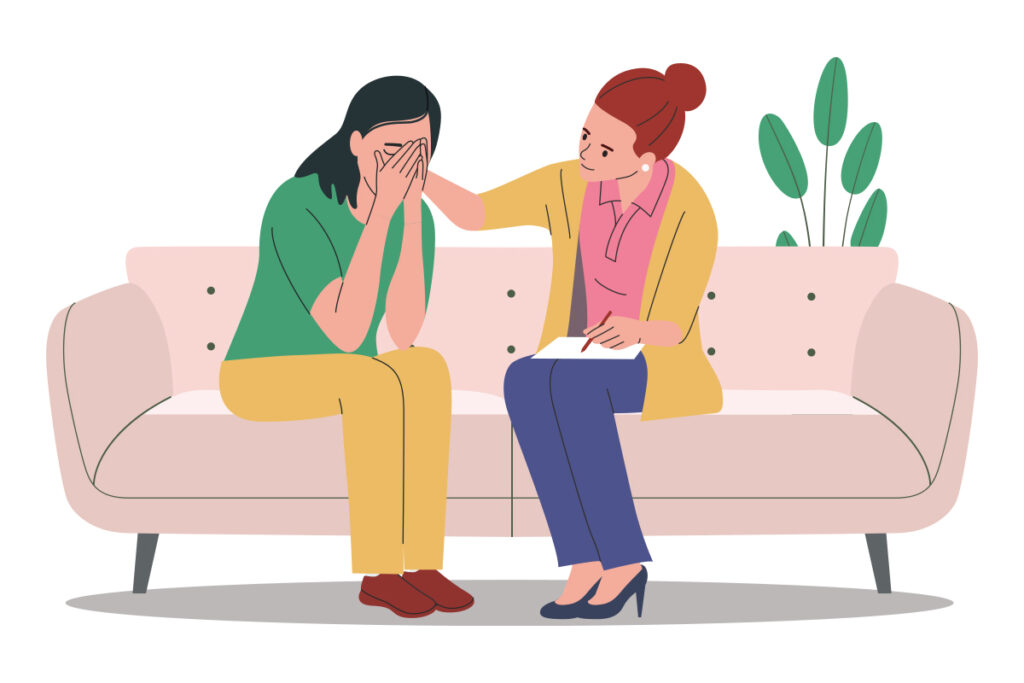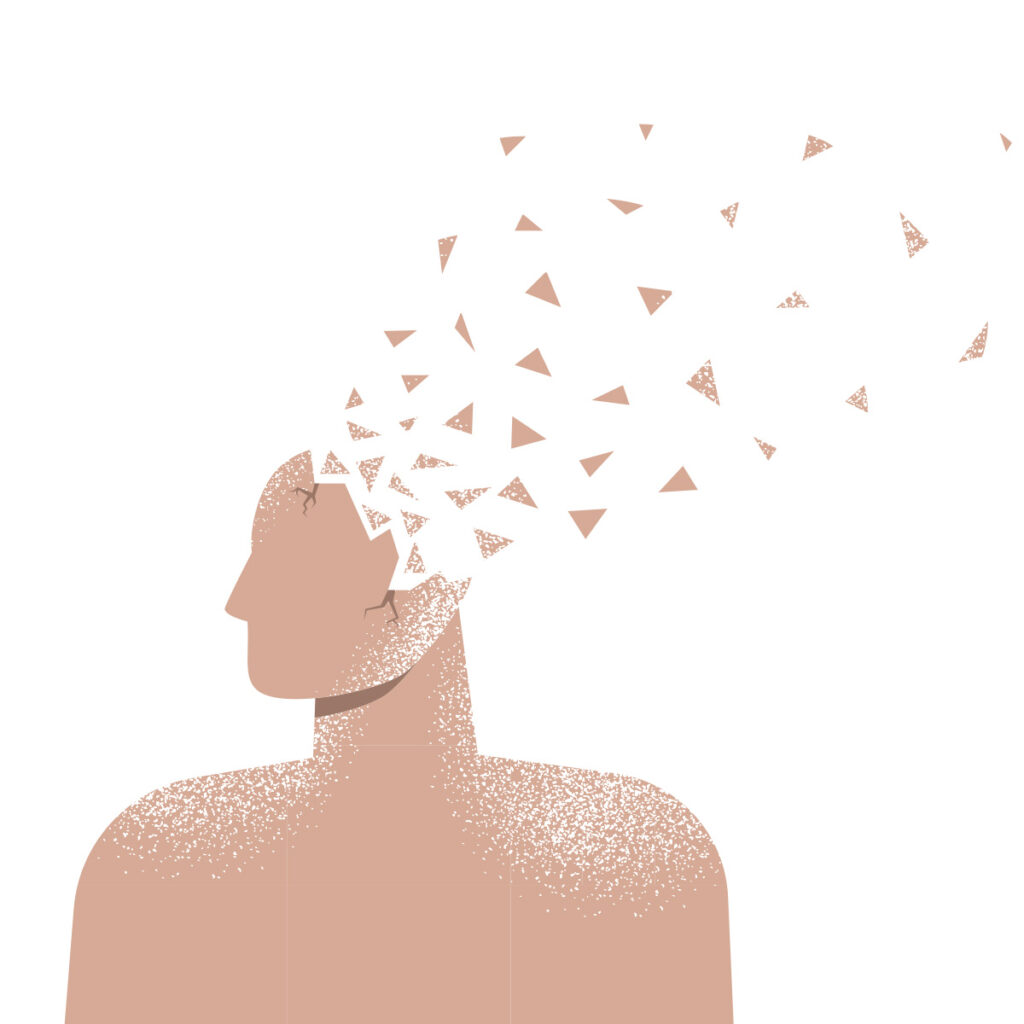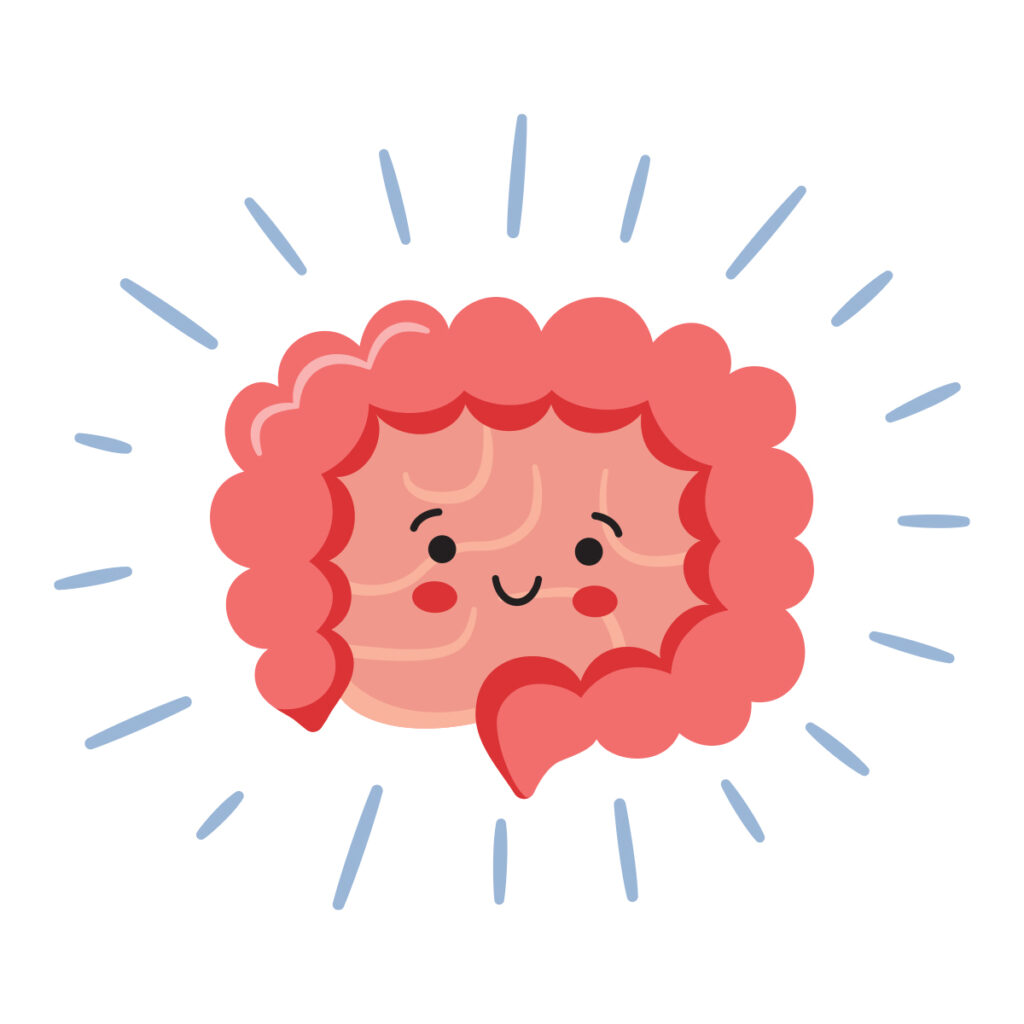Health in a Minute
Looking for quick answers to frequently asked healthcare questions? Health in a Minute is here to help. Here, professionals provide insight on topics from medical and dental care to mental health, aesthetics, and more. Read on for the latest round of expert advice.

Q. My child has been coughing a lot lately, and I’m not sure if it’s a simple cold or if I should be more concerned. When should I bring them in for a visit?
A. Good question! Coughing is a very common and nagging problem that can last much longer than any of us would like! Usually a cough is caused by viruses, but it can also be related to strep throat as well as allergies and occasionally reflux. Generally, a cough that lasts more than two or three weeks needs to be evaluated more closely. However, if there are other associated symptoms, such as a fever above 100.4 degrees, body aches, chills, wheezing, and vomiting after coughing, we recommend coming in for evaluation, testing, and treatment. At AFC Urgent Care, we have rapid testing available to help diagnose the problem. We are also very adept at helping you find solutions to coughing that can get you feeling better!

Todd Rudolph, MD
Medical Director, AFC Urgent Care
Learn More: Respiratory Health, How to Stay Healthy During Cold and Flu Season, Spring Allergies
Q. After the cold winter months, my skin is feeling dry and lackluster no matter how much I moisturize. What else can I do to hydrate and replenish my skin?
A. If your skin is feeling dry and lackluster despite moisturizing, treatments like Moxi Laser Resurfacing and a VI Peel can provide significant relief by exfoliating and rejuvenating your skin. Moxi Laser Resurfacing uses fractional laser technology to target the outer layers of the skin, stimulating collagen production while removing dead, dry skin cells. This process reveals smoother, more hydrated skin with improved texture and tone. The VI Peel, specifically designed for skin rejuvenation, uses a blend of powerful acids to exfoliate the skin, removing damaged cells and promoting healthy cell turnover. This peel helps to brighten and hydrate the skin, reducing dryness and dullness. Both treatments work together to exfoliate, hydrate, and restore your skin, giving it the refreshing renewal it needs after the harsh winter months.

Cora LeSar
Licensed Esthetician & Acne and Laser Specialist, Alchemy MedSpa & Wellness Center
Learn More: Moisturizers 101, What to Do About Dehydrated Skin

Q. I’ve recently experienced a significant loss, and I’m struggling with grief. How can therapy help me cope with this, and what should I expect from grief counseling?
A. Grieving is a natural response to significant loss. The emotional pain we may experience in reaction to loss can make functioning in our daily lives more difficult. Sometimes, maybe, it can be debilitating for a time. Grief is a universal human experience. During times of loss and significant transitions, many may find the private, supportive, and nurturing space of therapy to be helpful. Grief exists in a relational context. We often thrive as others bear witness to our experience, walk alongside us, bear us up under the weight of our pain, and provide a steady presence to soothe our souls. In grief counseling, you can find someone uniquely qualified to process the pain of loss with you and assist you in navigating it in a manner that honors your unique experience while illuminating a pathway through it.

Kathy Hilbert, LPC-MHSP
Counselor, Roots Counseling Center
Q. My child sometimes feels uneasy in new social situations. What strategies or behavioral techniques can help them build confidence and feel more at ease when meeting new people?
A. Start simple: Identify a starting point where your child is most likely to be successful. Maybe it’s just a wave, a quick “hello,” or telling someone their name.
Prepare and practice: Help your child understand what to expect from a new situation by talking about who will be there or showing them pictures. Just as it can be helpful to remind your child ahead of time what you would like them to do, it can be equally helpful to remind them what they can do if they are feeling overwhelmed. For some children, it may be beneficial to practice these things or repeat them back to you shortly beforehand.
Validate and celebrate: Respond to signs of uneasiness with empathy and validation. Find successes in small steps and recognize your child for things they did well. Positive reinforcement can help build their confidence over time.

Jane White, MA, BCBA, LBA
ABA Services Director, Siskin Children’s Institute
Q. My family member has been showing signs of memory loss and confusion, and I’m worried they might have early-onset dementia. When is it time to explore memory care options?

A. When a family member is exhibiting cognitive change, the first step is for the individual to complete a full medical assessment in order to rule out medical conditions which may be causing the cognitive change, such as thyroid disease, electrolyte imbalance, below-normal vitamin D levels, and below-normal folate levels. Along with comprehensive lab work, the medical provider may also order radiological testing, such as a CT scan or MRI of the brain. Once the diagnosis of dementia and the possible cause for the dementia is identified, the next consideration is safety. Is your loved one able to safely perform his or her activities of daily living (ADLs) without putting themselves or others at risk? For example, your loved one is unable to administer his or her own medications or she gets lost driving to the church she has attended for many years. If your loved one requires constant supervision in order to be safe, it is time to consider care options.

Beth Janney, RN
Corporate Director of Memory Care, Morning Pointe Senior Living
Learn More: 10 Common Myths About Thyroid Disease, Alzheimer’s Disease




